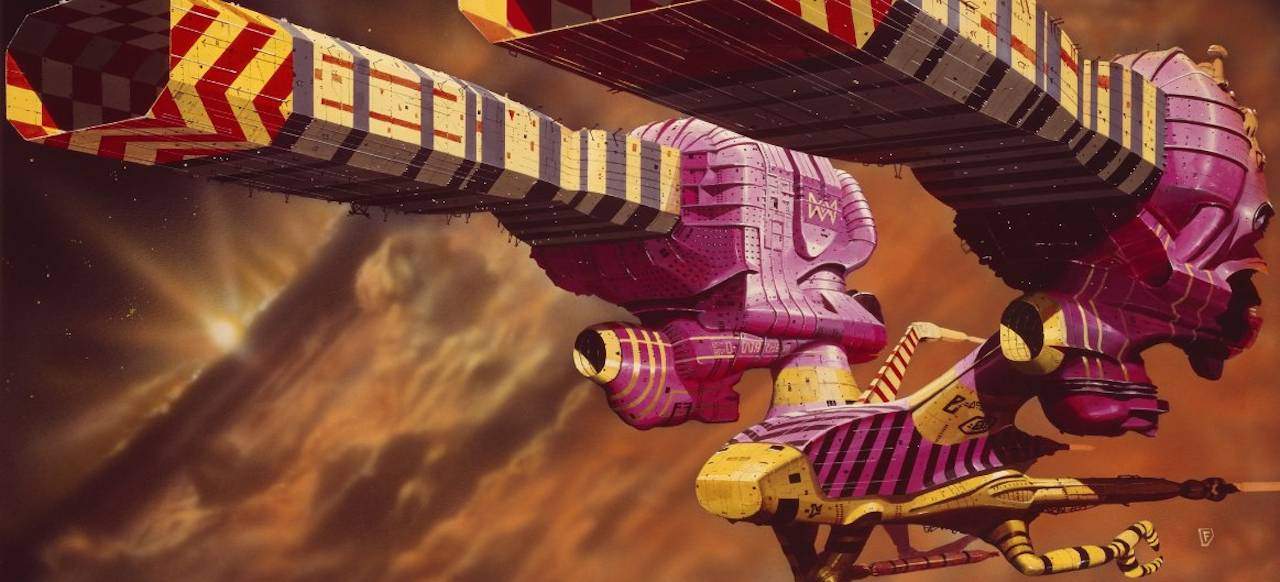Jodorowsky’s Dune
Hear about the never-completed cult film that might have changed cinema history.
Overview
Tales of projects that failed to come to fruition are common in the film industry, as is the wistfulness among audiences for what could have been in different circumstances. Iconic auteur Alejandro Jodorowsky's attempts to mount a cinema adaptation of Frank Herbert's 1965 science fiction novel Dune in the mid-1970s affords yet another example, but rarely has the recollection of a thwarted production been so entertaining. As relayed in the aptly titled Jodorowsky's Dune, the retelling of his efforts is the stuff cinephiles' dreams are made of.
Director Frank Pavich assembles a who's who of cinema to furnish an account of how Jodorowsky, then riding a wave of fame thanks to El Topo and The Holy Mountain, tried to take Dune to the screen a decade before the David Lynch-helmed version emerged. Drive filmmaker Nicolas Winding Refn helps fuel the legend and kickstart the exploration of the documentary's central theories: first, that the finished film would have changed the course of cinema history; second, that even in its never-completed form, perhaps it still did influence all sci-fi offerings that followed anyway.
The epic effort certainly would have been a sight to behold, as a volume of artwork created in pre-production clearly shows. Jodorowsky had corralled a host of remarkable talent into bringing his passion project to life, including the biggest names in entertainment at the time. Pink Floyd were set to provide the soundtrack; Salvador Dali, Orson Welles, David Carradine, Udo Kier and Mick Jagger to star; H. R. Giger (Alien), Chris Foss (Superman) and Jean 'Moebius' Giraud (Tron) to design; and Dan O'Bannon (Star Wars) to create the special effects.
Jodorowsky's Dune may be indulgent, slightly made and steeped in idolatry in its ode to the imagination, but as wild stories unravel, it swiftly becomes apparent that no other approach would have been possible. Now-octogenarian Jodorowsky understandably steals the show as he reflects upon what would be a turning point in his career, his colourful anecdotes and amusingly frank admissions raising a permanent smile. Talking-head interviews with other surviving parties fill in further details, adding to the building of the film's mythology.
In a fitting postscript, the celebratory central tale is not the only remarkable story to stem from Pavich's chronicle. During the documentary's making, Jodorowsky reunited with producer Michel Seydoux after decades out of touch, beginning to talk about collaborating once more. Their vision of Dune may have floundered, but 23 years after the auteur's last effort, they came together for 2013's The Dance of Reality. A bittersweet consolation, perhaps, but also proof that the power of creativity cannot be stopped, even if the potentially greatest sci-film of all time never came to be. What if indeed.






